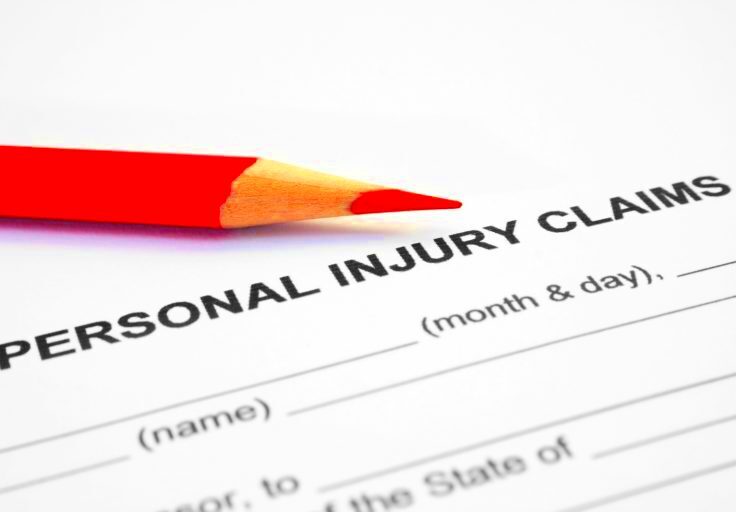Overview of Connecticut Personal Injury Laws
Connecticut personal injury laws are designed to protect individuals who have been harmed due to someone else’s negligence or wrongdoing. If you’ve been injured in an accident, understanding these laws is crucial for seeking compensation. In this post, we’ll explore various types of personal injury cases, delve into the concept of negligence, and discuss what you need to know to navigate these laws effectively.
Types of Personal Injury Cases in Connecticut
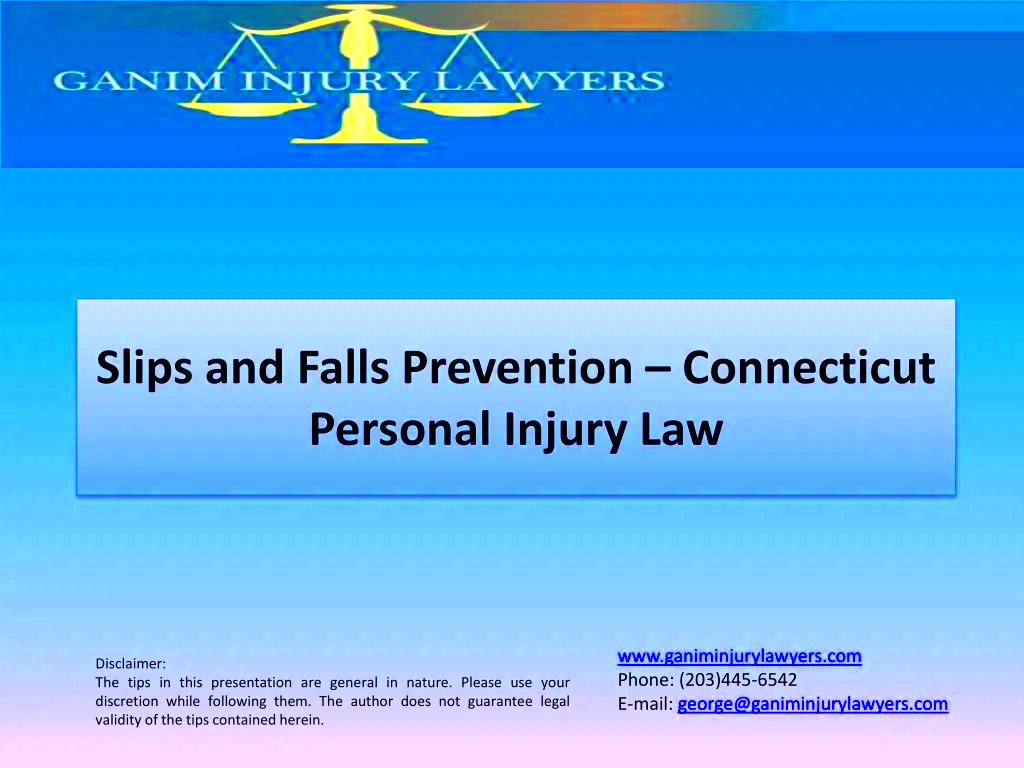
In Connecticut, personal injury cases can arise from various incidents. Here are some common types:
- Car Accidents: Collisions often lead to serious injuries and can result from negligence or reckless driving.
- Slip and Fall: Property owners have a duty to keep their premises safe. If they fail to do so, they may be liable for injuries.
- Medical Malpractice: Healthcare professionals must provide a standard level of care. Mistakes can lead to severe consequences for patients.
- Workplace Injuries: Employees injured on the job may have rights to compensation through workers’ compensation or personal injury claims.
- Product Liability: Manufacturers can be held responsible for injuries caused by defective products.
Understanding the type of case you’re dealing with is essential for pursuing the right legal action.
Understanding Negligence in Personal Injury Claims
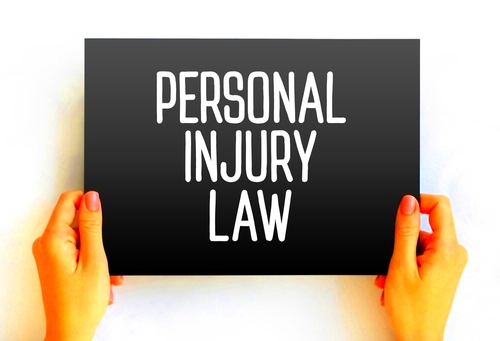
Negligence is a key concept in personal injury law. It refers to the failure to exercise reasonable care, which results in harm to another person. To establish negligence, you must prove the following elements:
- Duty of Care: The responsible party had an obligation to act in a way that wouldn’t harm others.
- Breach of Duty: The responsible party failed to meet that obligation through their actions or inactions.
- Causation: There must be a direct link between the breach of duty and the injuries sustained.
- Damages: The injured party must have suffered actual damages, such as medical bills or lost wages.
In Connecticut, even if the injured party was partly at fault, they may still recover damages under the comparative fault rule. This means that the amount of compensation can be reduced based on the percentage of fault assigned to the injured party.
Statute of Limitations for Personal Injury Lawsuits
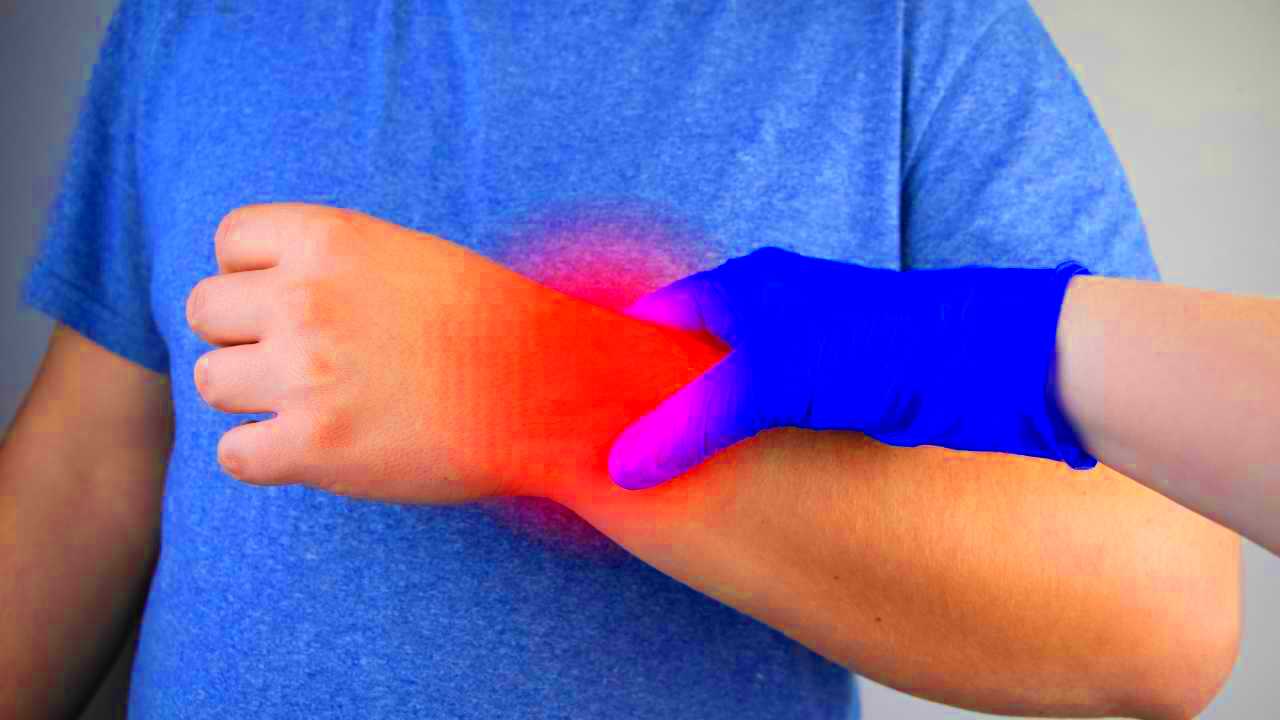
In Connecticut, the statute of limitations sets a deadline for filing personal injury lawsuits. This is crucial because if you wait too long, you could lose your right to seek compensation. Generally, the statute of limitations for personal injury cases is two years from the date of the injury. Here are some important points to consider:
- Starting the Clock: The clock starts ticking when the injury occurs, not when you discover it. For example, if you’re injured in a car accident on January 1, you have until January 1 two years later to file your claim.
- Exceptions: There are exceptions to this rule. For instance, if the injured party is a minor, the time limit may be extended until they reach adulthood.
- Importance of Acting Promptly: Even if you’re unsure about your case, it’s wise to consult a lawyer before the two-year mark. They can help assess your situation and guide you through the process.
Being aware of the statute of limitations can save you a lot of stress and help you secure the compensation you deserve.
Damages Available in Personal Injury Cases
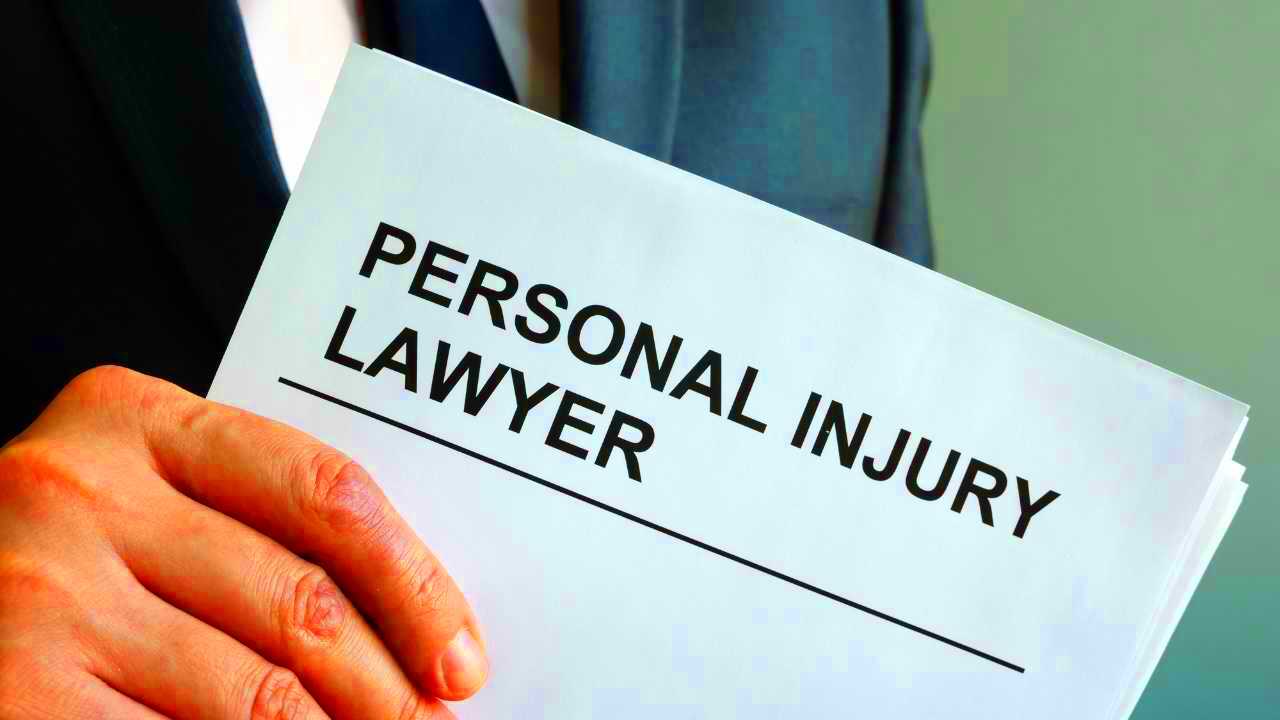
When pursuing a personal injury claim in Connecticut, understanding the types of damages you may be eligible to receive is vital. Damages are typically categorized into two main types: compensatory and punitive.
- Compensatory Damages: These aim to compensate the injured party for their losses. They can include:
- Medical Expenses: Costs related to medical treatment, including hospital stays, surgeries, and rehabilitation.
- Lost Wages: Compensation for income lost due to the injury.
- Pain and Suffering: Damages for physical and emotional distress caused by the injury.
- Property Damage: Costs for repairing or replacing damaged property, such as a vehicle.
- Punitive Damages: These are awarded in cases of gross negligence or intentional wrongdoing and aim to punish the responsible party and deter similar behavior.
Understanding the different types of damages can help you and your attorney build a strong case and pursue fair compensation.
Comparative Fault in Connecticut Personal Injury Claims
Connecticut follows a modified comparative fault rule when determining compensation in personal injury cases. This means that if you share some responsibility for your injuries, your compensation may be reduced based on your level of fault.
Here’s how it works:
- Percentage of Fault: If you are found to be 50% or less at fault for the accident, you can still recover damages. However, if your fault is greater than 50%, you are barred from recovery.
- Reduction in Damages: Your compensation will be reduced by your percentage of fault. For example, if you were awarded $100,000 but found to be 20% at fault, you would receive $80,000.
This system emphasizes the importance of proving the other party’s negligence while also considering your role in the accident. Consulting with an experienced attorney can help you understand how comparative fault may impact your specific case and what strategies can be employed to maximize your compensation.
Steps to Take After an Accident
Experiencing an accident can be overwhelming, but knowing the right steps to take can make a significant difference in your recovery process. Here’s a simple guide to follow:
- Ensure Safety: First and foremost, check yourself and others for injuries. If anyone is hurt, call 911 immediately for medical help.
- Move to Safety: If possible and safe to do so, move vehicles out of traffic to prevent further accidents.
- Contact Law Enforcement: Always report the accident to the police. A police report can provide valuable evidence later.
- Document the Scene: Take photos of the accident scene, vehicle damage, and any visible injuries. Gather names and contact information from witnesses.
- Exchange Information: Share details with the other party involved, including names, addresses, phone numbers, insurance information, and license plate numbers.
- Seek Medical Attention: Even if you feel fine, it’s wise to get checked out by a doctor. Some injuries may not be immediately apparent.
- Notify Your Insurance Company: Report the accident to your insurance provider promptly. Be honest but avoid admitting fault at this stage.
- Consult an Attorney: Consider seeking legal advice, especially if there are disputes about fault or if your injuries are serious. An attorney can help navigate the claims process.
Taking these steps can help protect your rights and ensure you receive the compensation you deserve.
Frequently Asked Questions About Connecticut Personal Injury Laws
Understanding Connecticut’s personal injury laws can be confusing. Here are some common questions and their answers:
- What is the statute of limitations for personal injury cases?
In Connecticut, you generally have two years from the date of the injury to file a lawsuit. - Can I still recover damages if I was partly at fault?
Yes, you can recover damages as long as you are 50% or less at fault for the accident. - What types of damages can I claim?
You can claim compensatory damages for medical expenses, lost wages, pain and suffering, and property damage. Punitive damages may also apply in certain cases. - Do I need to hire a lawyer?
While it’s not required, having an attorney can significantly benefit your case, especially if negotiations with insurance companies become complicated. - What if I can’t afford a lawyer?
Many personal injury lawyers work on a contingency fee basis, meaning they only get paid if you win your case.
These FAQs can help clarify your concerns and guide you through the personal injury process in Connecticut.
Conclusion on Connecticut Personal Injury Laws
Understanding Connecticut personal injury laws is essential for anyone who has been injured due to someone else’s negligence. By knowing the types of cases, the statute of limitations, potential damages, and the concept of comparative fault, you can better navigate the legal landscape.
Taking the right steps after an accident, seeking legal guidance, and being informed about your rights can help you secure fair compensation for your injuries and losses. Remember, personal injury cases can be complex, and having a knowledgeable attorney on your side can make all the difference in achieving a favorable outcome.
Whether you are dealing with a car accident, a slip and fall, or any other type of personal injury, staying informed and proactive will empower you throughout the process. Don’t hesitate to reach out for help when needed.
